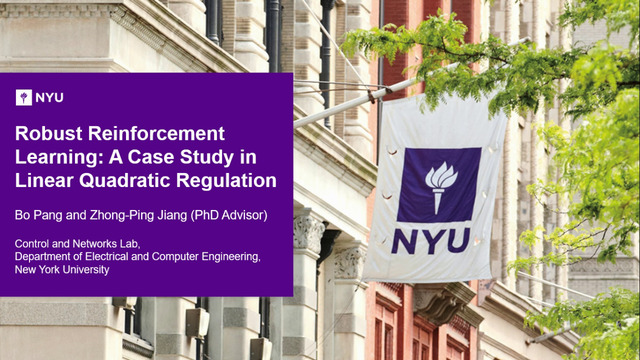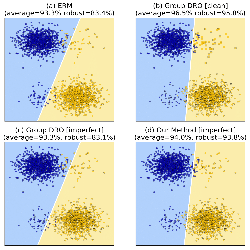Abstract:
We study the learning performance of gradient descent when the empirical risk is weakly convex, namely, the smallest negative eigenvalue of the empirical risk’s Hessian is bounded in magnitude. By showing that this eigenvalue can control the stability of gradient descent, generalisation error bounds are proven that hold under a wider range of step sizes compared to previous work. Out of sample guarantees are then achieved by decomposing the test error into generalisation, optimisation and approximation errors, each of which can be bounded and traded off with respect to algorithmic parameters, sample size and magnitude of this eigenvalue. In the case of a two layer neural network, we demonstrate that the empirical risk can satisfy a notion of local weak convexity, specifically, the Hessian’s smallest eigenvalue during training can be controlled by the normalisation of the layers, i.e., network scaling. This allows test error guarantees to then be achieved when the population risk minimiser satisfies a complexity assumption. By trading off the network complexity and scaling, insights are gained into the implicit bias of neural network scaling, which are further supported by experimental findings.









































